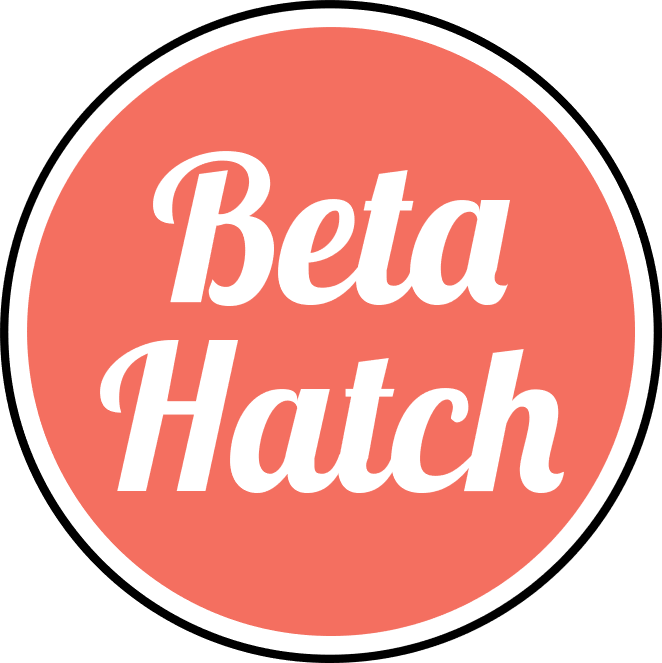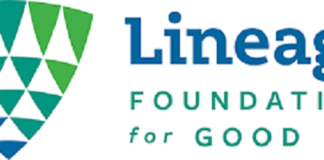
Zero-Waste Model Focuses on Sustainability
Cashmere, WA., June 27, 2022 – It’s no secret that the human and animal population is growing and our food supply must innovate to keep pace. Beta Hatch, a Washington company, does just that. The company sustainably produces protein for animal feed, in a zero-waste model, producing at 5,000 times the acre yield of soy. Beta Hatch’s flagship Cashmere, WA factory is North America’s largest mealworm hatchery.
“It started with a realization that there was a better way to feed animals naturally – with insect protein,” says Virginia Emery, PhD, Beta Hatch founder and CEO. “In the wild, insects are nature’s biorecyclers, and the base of most food chains. Our platform industrializes that essence and gets calories back into the food system faster by reducing food waste more efficiently than any other technology. With every pound of insect protein we grow, we free up a part of the food supply chain that feeds animals, so it can now be used for human food production.”
The facility’s Washington State location, in the Wenatchee Valley, is no accident, but an intentional alignment based on the company’s sustainability goals. A renewable energy leader, Washington State’s Clean Energy Fund helped finance a novel heat recapture system at the state-of-the-art insect factory. The building, a previously vacant juice factory, co-houses Beta Hatch and a data center from which waste heat is captured, cutting electrical needs in half. Feedstocks for Beta Hatch insects are sourced from local food processors, some travelling less than 2 miles. Frass, a coproduct of mealworm growing, fertilizers fruit trees and other crops right in the Wenatchee Valley, known as ‘the apple capital’. A dry adapted beetle, the mealworm uses less than 2% of the water of other proteins and can be grown at up to 5000x the acre yield of soy, with hundreds of harvests each year. The model is scalable and can be used throughout the country to get ingredients closer to customers with minimal environmental footprint. The zero-waste system could cut the GHG impact of food production by as much as 80%.
A 50,000 square foot facility houses the entire process, including hatching, growing, and production of the animal feed ingredient and frass co-product for fertilizer. The Beta Hatch facility is more than just production, but an R&D lab as well. The company is looking to the future by exploring other ways insects can be used, such as for manufacturing pharmaceuticals and vaccine production.
“Having a positive environmental impact is a top goal for us and has factored into each decision in our site selection and construction,” continues Emery. “Our model is scalable, and it also closes open loops in our supply chain. Co-location puts our production close to our inputs and our customers, reducing the impacts of shipping and transportation.”
About Beta Hatch
Beta Hatch is industrializing insects as the world’s most sustainable nutrition. Grown at 5000x the acre yield of soy, using less than 2% of the water and a fraction of the GHG emissions of other protein ingredients, Beta Hatch’s insect farming platform is the missing link for a sustainable and circular food supply chain. The entire insect is used as a nutrient-dense animal feed ingredient for fish, poultry, swine, and pet food and can reduce the need for antibiotics in poultry, provide natural, hypoallergic protein for pets and offer a sustainable alternative to seasonal ingredients. Frass is a co-product of mealworm growing which is a valuable soil amendment and fertilizer. Learn more at www.betahatch.com.
Beta Hatch™ is a trademark of Beta Hatch Inc.








